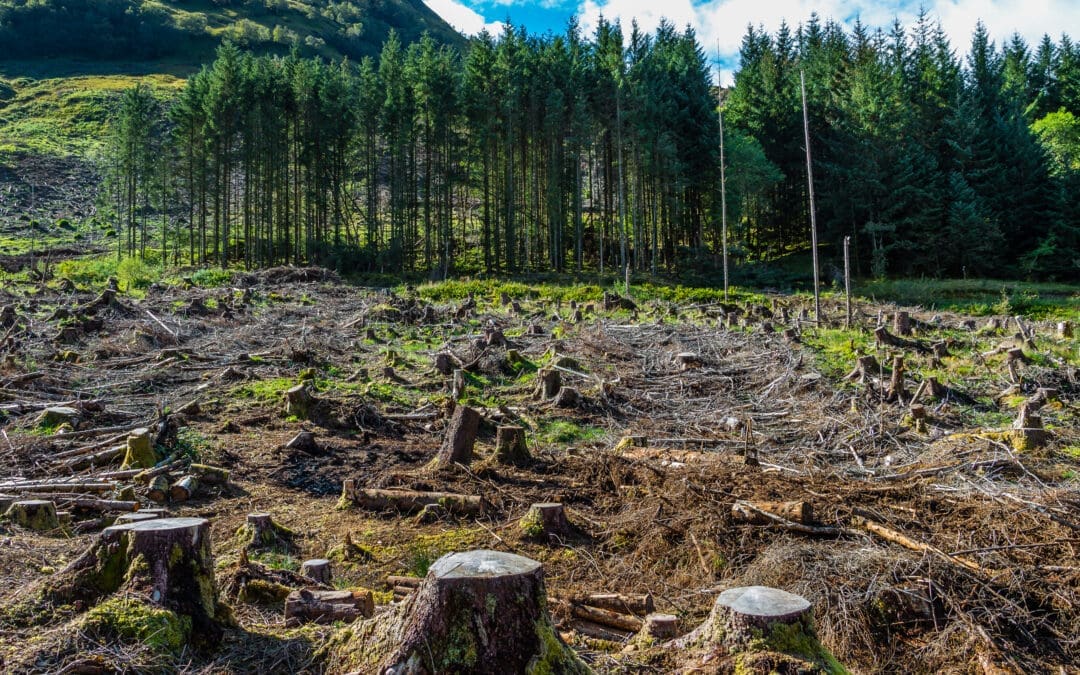Chocolate is undoubtedly a world favorite in the realm of sweets. Each year, more than 3 million tons of cocoa beans are used to produce the treats we find on store shelves.
The chocolate we buy doesn’t flow simply from confectioner to storefront, it comes a long way – from the cocoa pods, to the fermentation and drying of the beans, to packaging and shipping, and finally the alchemy of real chocolate. In 2017, US retail chocolate sales were the highest in 5 years, topping $22 B, while cocoa commodity prices are at a five-year low, more than 30% lower than the 2015 peak. The drop in prices has stressed both labor and natural resources at the source, but one company has embarked on a mission to alter the historical marketplace and ensure success and stability for every actor in the cacao supply chain.
Uncommon Cacao sources cacao beans through ethical trade for artisanal chocolatiers and aims to increase farm-gate payments in order to reverse the downward spiral of cocoa prices. Uncommon Cacao is responding to the cacao industry of today in a similar manner to the Fair Trade movement, which started in the late 80’s as a response to plunging coffee prices. Uncommon Cacao recognizes that although there are some certifications address environmental issues like misuse of fertilizers and biodiversity loss, they do not address prices paid to farmers.
“The commodity industry is slow to modernize and grandfathered chocolate companies who have grown to dominate the global chocolate market, have yet to respond to the fact cocoa is no longer grown solely by slave labor. Even though companies sourcing from West Africa encourage higher production yields for higher prices paid to farmers, this mechanism has only diluted the market and ineffectively helped farmers.” (Stasi Baranoff, Director of Global Ops and Sourcing, Uncommon Cacao). The vast majority of cocoa is grown by smallholder farmers, and Uncommon Cacao reports in their 2016 Transparency Report that many of these smallholder farmers live on an estimated $2 per day. Substantial declines in farm-gate cocoa prices make farmer financial situations challenging, and in most places, alternative incomes are not available.
Uncommon Cacao started with the intention of building trust into the entire supply chain, from the farmer, to the warehouse, to the craft chocolatier. Using the SupplyShift platform, Uncommon Cacao has begun a project to understand the effects of cocoa purchasing on all the links of the chain. By tracing cacao bean quality and pricing to the farmer, SupplyShift helps Uncommon Cacao engage directly with farmers, making their mission to tackle historical farm-gate pricing more effective.
Uncommon Cacao is not alone in their efforts to improve cacao sourcing and growing practices. The issues are not limited to low prices alone. Child and slave labor, widespread deforestation, and many other issues have been implicated in cacao production. In 2017, some of the largest cocoa producers and the World Cocoa foundation agreed to sign the Cocoa & Forests Frameworks for Action with the aim of ending deforestation caused by cocoa production in Ghana and Cote d’Ivoire. The initiative is comprised of resource use mapping and study, as well as farmer technical and economic assistance. Such efforts are impossible without being able to trace the cocoa to the source. As signatories like Nestle, Mars, Wrigley, and others are preparing their improvement plans for global presentation by the end of 2018, mapping their supply chains to the farmer and tackling the social and environmental impacts remains a substantial challenge.
Many global commodity companies that source primarily from smallholder-dominated agriculture, such as coffee and cocoa, rely on SupplyShift to accomplish the trickiest part of the problem- traceability to the source. Understanding deforestation and labor issues first requires understanding the extent of supply chains beyond the first tier. Bastien Sachet, CEO of The Forest Trust (TFT), told Confectionery News, “I don’t believe we can have any [cocoa] sustainability without traceability.” TFT, a global non-profit focused on reducing deforestation, claims cacao traceability is weak, despite being a critical area of need for curbing deforestation.
The reward for brands that take the time to understand their sources, and engage with the origin producer, is a substantial price premium for their products and a brand image that aligns with modern market expectations. The rise in specialty, artisanal chocolate has been responsible for a disproportionate amount of growth in the industry to date, and as global brands embrace full traceability to reduce deforestation and engage with smallholder farmers, we expect that both environmental and social issues surrounding cocoa will become a thing of the past.
Although the cacao supply chain is unique and complex, the challenges that surround smallholder-dominated commodities extend far beyond chocolate. As many industries from sugar to coffee to chocolate shift focus toward responsible sourcing, SupplyShift is proud to support these efforts. We provide the tools to ensure that our morning coffees and after-meal chocolates improve lives, from Rwanda to Columbia and beyond, and drive to eliminate natural resource degradation.



